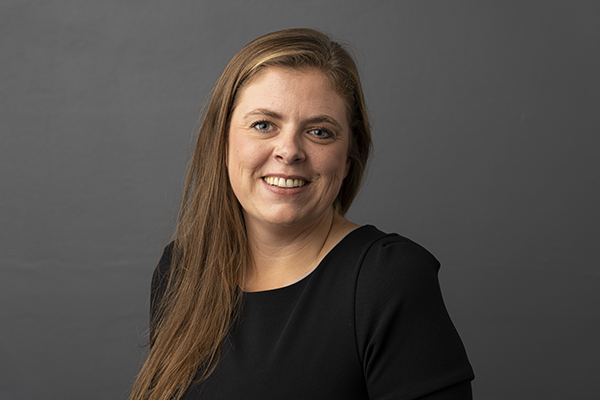Johanne Louise V Christiansen
Research leader

Project title
Quranatura: Negotiations of Qur’anic Nature in Islam
What is your project about?
The project investigates the Qur’an and Islamic reinterpretations of the Qur’an with a “green” agenda, known within the Study of Religion and Environmental Humanities as “greening of religion”. For Muslims, the Qur’an is not only seen as the foundational text for a religious life, but also as a general guide to human behavior, e.g., in relation to nature. This raises a number of questions: Is it possible to connect religion to current environmental and climate challenges? Can the Qur’an and Islam contribute to sustainable solutions? Many Muslims would answer these questions affirmatively. In Quranatura, my research group and I study how and why such “green” reinterpretations occur. With theoretical basis in the historical Qur’an’s perception of reality and nature, we explore four cases through the history of Islam, including in contemporary Islamic environmentalism, namely a Qur’anic garden in Qatar.
How did you become interested in your particular field of research?
One part of the programme in the Study of Religion in Denmark is to learn the original language of one or more religions. When I – some years ago now – chose to study Classical Arabic, I became fascinated by the relationship between the language and different understandings of the Qur’an and various Islamic manifestations. While applying theoretical perspectives to religions and religious texts is a discipline at the center of the Study of Religion, I have since realized that theoretical studies of the Qur’an are rare. Such studies are crucial, since they have the potential to nuance and challenge existing, deep-rooted, and at times problematic views of the Qur’an as a text and Islam as a religion.
What are the scientific challenges and perspectives in your project?
The originality of Quranatura is our hypothesis that fundamental ontological differences exist between views of nature in pre-modern religious texts, such as the Qur’an, and those found in modern and contemporary uses of these texts. Such theoretical frame takes religious texts and their historical context seriously, but it also stresses that we, as scholars in 2023, are inevitably shaped by a modern and Western perception of reality and nature. In the Humanities, describing and understanding other people and systems remains a scientific challenge, especially throughout history.
What is your estimate of the impact, which your project may have to society in the long term?
The relation between religion and nature is more relevant than ever before, and religious environmentalist movements are appearing worldwide. Quranatura contributes to our knowledge of how and why authoritative, historical texts, including the Qur’an, are made “green”, as well as to what consequences this may have for civic engagement in and support of these reinterpretations and the green transition in general. In the project, we advocate the understanding of nature, climate, and environmental challenges as inseparable from social, cultural, and human factors, among these, religion.
Which impact do you expect the Sapere Aude programme will have on your career as a researcher?
It is an honour to receive the prestigious Sapere Aude: DFF-Starting Grant. The grant motivates me to continue my work and research career within the Humanities, specifically Qur’anic Studies, the Study of Religion, and Environmental Humanities. Scientific Qur’anic Studies is an upcoming field, especially outside of Denmark. As such, it means a great deal that I, with this grant, get the chance to continue the development of the field in Denmark and to consolidate my national and international networks. The project also emphasizes the need for well-founded, critical research on the relation between religion and nature within the Humanities.
Background and personal life
My family and I live in a big forest outside of Silkeborg, where we enjoy nature in its entirety. In addition to an – sometimes all-consuming – interest in roses, I spend my time with friends, music, our summerhouse at the West Coast of Denmark, and sports. One of my dreams – a dream that has nothing to do with nature – is to attend a Formula 1 race.
View all research leaders here
Research institution
University of Southern Denmark
Research field
Study of Religion
City of your current residence
Silkeborg
High school
Silkeborg Gymnasium
